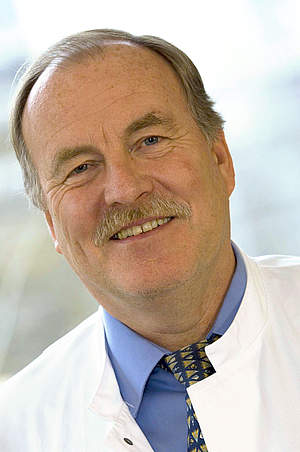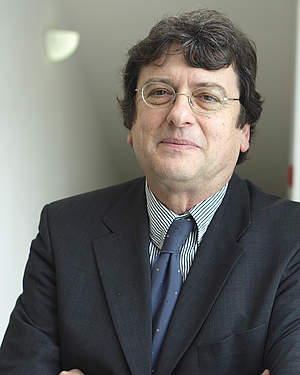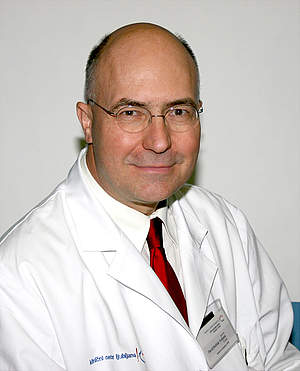Finance Committee
The Finance committee is chaired by the treasurer. The members of the committee shall support the treasurer in all his/her tasks and bring in ideas on how to improve the financial development of the EFNS.
The tasks of the treasurer and the members of the committee are:
The Treasurer shall serve as chairperson of the Finance Committee; ensures that the EFNS maintains accurate financial records; reviews EFNS expenditures and financial status on a regular basis to ensure overall financial integrity; submits the financial accounts of the EFNS to an annual independent audit; develops and presents financial recommendations to the Management Committee and Council; and performs other duties assigned by the President or Management Committee.
The Finance Committee develops recommendations for improving the financial status of the EFNS. Assists the Treasurer in his tasks, reviews annual independent audit, supervises investments of the assets of the EFNS
In 2010 this committee was dissolved and the Treasurer is responsible for the financial affais of the EFNS.
Chairpersons

Professor Werner Hacke was Chairman of the Department of Neurology at the University of Heidelberg during the time in office for the EFNS Management Committee. His professional activities included neurological intensive care, acute treatment of stroke and clinical trials, both in acute stroke therapy and secondary prevention. He was also Dean of the Medical Faculty in Heidelberg during that period.

no personal remarks

Jes Olesen already mentioned in his presidential report that "the financial footing of the organisation was terribly weak. He further mentioned that he had excellent relations to pharmaceutical companies in the field of migraine, that new drugs for migraine were at that time pouring into the market and that a company provided a generous start-up grant.
Werner Hacke and Detlef Kömpf, the two treasurers I followed in 2001, had indeed a hard job. But after the Rome Congress in 1996 the financial situation of the EFNS consolidated more and more. The time had come to think about future plans and educational and scientific activities increased: Regional teaching courses, the Academy for young neurologists, the Department-department programme, fellowships, task forces, guidelines and many other projects could be financed.
The Vienna head office, which was initially located in a hospital and shared the rooms with the Austrian Neurologic society expanded and had to be relocated into a building at the old University campus. Even this location was not longer acceptable after a while and the Society purchased its own office including 4 working spaces, the presidential room, and a big meeting room with a capacity of up to 30 persons.
In addition I could convince the MC and the council to set aside enough money to proceed with all the EFNS activities for 3 years even with low ore no income.
We were at the point that I gave over the office to David B Vodusek in a very solid situation and future plans could be followed.

I was introduced to the idea of EFNS by Prof. Franz Gerstenbrand on one hand (I had been meeting him occasionally through our mutual friend Prof. Dimitrijevic), and invited to participate in educational efforts of EFNS in particular by Prof. Wolfgang Grisold, on the other hand.
I was first "with the EFNS" for the Congress in Vienna (1991), and then for most of next Congresses. Slovenia was a member since early on; our delegate has been throughout the years Prof. Dr. Anton Mesec.
I joined as delegate of Slovenia the UEMS Board of Neurology in 1995/96 and met there Prof. Grisold, who invited me to become a member of the EFNS CME SubCommittee, which he was then chairing. I became the Chair of the CME SubCommittee after him and - concomitantly in recent years, also the CME Editor of EJN.
I have become EFNS Treasurer and member of MC in 2007.
The EFNS is a very active, ambitious, competent and positive organisation with an important and clear mission, of tremendous importance for European neurology.